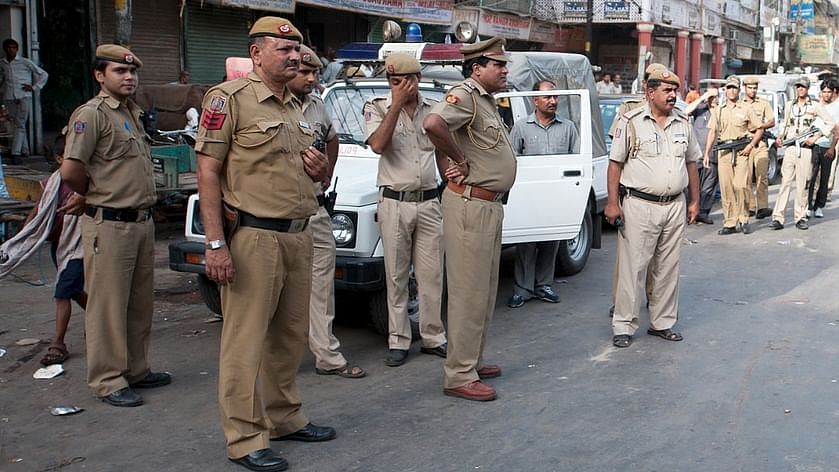CAA Riots: 19 of 107 Freed After UP Police Fails to Prove Evidence
Questions raised over claims of UP Police in its FIRs over anti-CAA protests in Muzaffarnagar.

Almost a month ago, the Uttar Pradesh police arrested 107 people for their alleged involvement in protests against the Citizenship (Amendment) Act 2019 in Muzaffarnagar.
The UP police accused the ‘anti-CAA’ protesters of ‘rioting and attempt to murder’, but now the UP police is struggling to prove the charges they have filed against the protesters, according to The Indian Express.
Five people who had been taken into judicial custody on 21 December 2019, were granted bail under Section 169 of CrPC, which is used to release people from custody when there “is not sufficient evidence or reasonable ground of suspicion” to continue proceedings against them.
Meanwhile, another ten accused were released by the sessions court after the police were unable to prove that the detainees were involved in anti-CAA riots and attempt to murder. The Indian Express reports that the UP police were only able to prove that they had prima facie violated prohibitory orders (under Section 144).
The other four accused were released on bail on the orders of the court on Tuesday, 14 January.
In the order granting bail to Shaliheen, the judge noted the arguments of the defence lawyer that CCTV footage from the incidents in question hadn’t been provided to ascertain the identity of the accused, that weapons were seized 24 hours after the alleged incident, and that 3,000 unknown people had been listed in the FIR.
One of the five people who was released under Section 169 was Shaliheen’s father, Mohammed Farooque. The bail order for Shaliheen observed that Farooque had been released after he had been found to be at his office premises at the time the protests and alleged rioting took place.
The court’s observations raise serious questions over the FIRs registered by the police.
According to the The Indian Express, the FIR claims “The accused person, present at the Madina Chowk….indulged in rioting…created an atmosphere of terror forcing everyone to shut their shops. They also destroyed public property and indulged in arson. The police officials were also injured and taken for medical examination. The accused also was involved in stone pelting with an intention to harm the police deployed at the spot.”
However, many of those who were arrested for these serious offences, including 15 students of a madrasa, are now having to be released because of a lack of evidence that they were involved in any such activities.
(With inputs from The Indian Express)
(At The Quint, we are answerable only to our audience. Play an active role in shaping our journalism by becoming a member. Because the truth is worth it.)